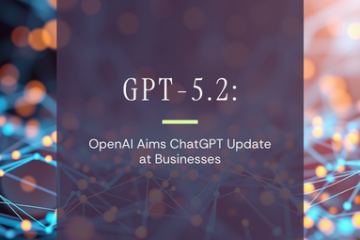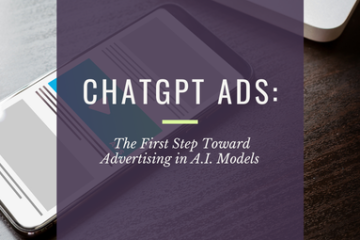
Business owners are well aware that creating and maintaining a brand image is quite challenging thanks to the Internet. It is a place where people are constantly exposed to content that is designed to make a big impression, and big impressions about the quality of a business are among them.
A key feature of the Internet is that people can directly comment on a business’ branding efforts. It is much easier to criticize, mock, and even decry something as picayune as too-obvious product placement efforts all the way up to a company’s ethical practices in general.
In short, customers and even non-customers have unprecedented power in altering brand image in the public consciousness.
Additionally, people have much more power in making their criticisms of companies be heard loud and clear across the globe.
This has brought a host of new worries and challenges for PR firms and business owners. It is hard to drown out the negativity about a business when just about everybody has a megaphone to air their critiques.
Google My Business Reviews Can Have a Huge Impact on The Reputation and Brand Image of a Business
Outside of social media, much of the criticism of companies plays out in Google My Business reviews, which can have a strong impact on a business’ SEO.
This does more than just affect your rankings. In fact, the little golden stars on your Google My Business profile are among the first things a customer will notice if your business pops up on Google Maps or the search engine results page (SERP).
Even an “it’s okay” three stars may strike someone as negative. Questions arise—what are the negative reviews about? Who is writing them? Should I go with the competitor that has a 4+ star rating?
The painful truth for many business owners is that most of the time, people go to Google My Business reviews to communicate negative experiences. It is not often that someone will bless the GMB page with a glowing five-star endorsement.
This may strike some business owners as unfair. If not enough positive testimony is there, then the result is an imbalanced representation of customer sentiment.
As a result, business owners seek ways to manage their reputation by mitigating the impact of bad online reviews.
They are beginning to find help with A.I.
Emerging Solutions for Branding in the Age of A.I.
A.I. startups like Dandy are looking to help business owners overcome the problem of reputation management in the Wild West that is the Internet.
The goal here is to dispute or outright remove bad Google My Business reviews.
Many business owners believe that their bad reviews are illegitimate or outright unfair. As a result, an A.I. service that will help balance out the Google My Business’ score is more than welcome.
Removing the bad reviews helps increase traffic to a business’ website. A higher average GMB rating will overall increase the odds of being seen online.
Going Beyond Google My Business for Brand Image
Dandy can take out more than just bad GMB reviews and instead go through many major review indexes.
This way, businesses can automate widespread reputation management campaigns across the Internet.
Review Generation
Businesses can use A.I. to generate positive reviews.
So, not only can businesses use A.I. to mitigate the negativity, but it can also be used to spread some positivity.
Will Google Monitor These Reputation Management Practices?
Considering the consumer’s perspective, this kind of thing should indeed cause concern. Can GMB be trusted when algorithms assemble 5-star endorsements and remove human-written reviews critical of the business?
For this reason, businesses perhaps need to curb their enthusiasm about the prospects of such A.I. services having any sort of longevity.
Why is this? In a perverse sort of way, A.I.-assisted reputation management from these companies puts the reputation of one particular business at risk.
That business is Google.
How can we trust whether a GMB page is trustworthy if A.I. companies are doing the hire-and-salary work of scrubbing the web clean of negative reviews, or hiring chatbots to make them look “illegitimate”?
Google does not want its reputation stained by the consumer perception that business owners and A.I. manipulate GMB pages to attain high-star ratings on the web.
If this puts Google in a corner, guess what will happen? Google is going to choose to save its own reputation, instead of businesses that seek to control their own through A.I.
So, though business owners may feel elated at the idea of automating reputation management throughout the Internet, it is unlikely that this will be long-lived once enough consumers—and possibly regulators of consumer protection laws—put the pressure on Google to stop these practices.





